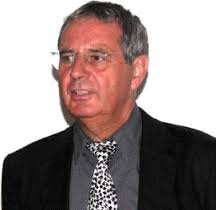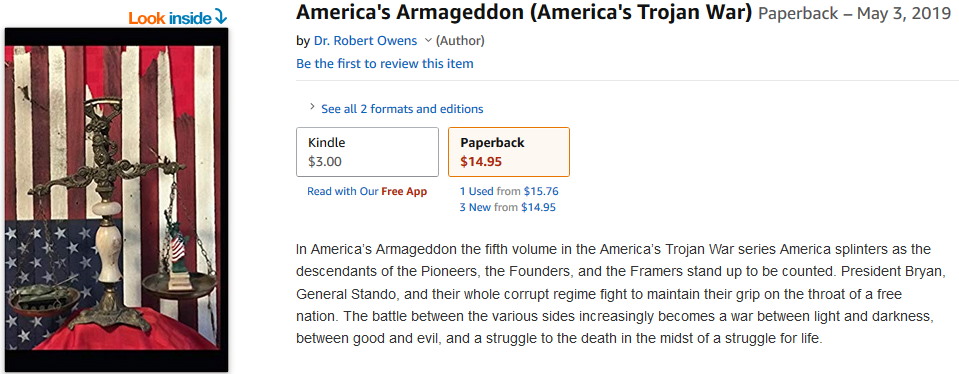Apartheid in Palestine review by Ludwig Watzal
- Written by Dr. Ludwig Watzal

"Apartheid in Palestine" is a valuable guidance in the struggle for justice in Palestine. Ghada Ageel gathered activists, indigenous Palestinians and scholars, which do not represent the worn out media views that the public is so tired of hearing. The authors believe that peace to the region can only come if justice is done to Palestinians and their rights, which have been denied for decades by Israel and the international community.
Ghada Ageel is a visiting professor in the Department of Political Science at the University of Alberta, Edmonton, and an active member of Faculty for Palestine/Alberta, Canada. She has gathered authors such as Reem Shaik, Ramzy Baroud, Tali Shapiro, Reza Masali, to name a few from the activist and indigenous side, and scholars such as Keith Hammond, James Cairns, Susan Ferguson, Edward C. Corrigan and others. They present for the readers a deep understanding of the Palestinian narrative that centers around the traumatization of the loss of their homeland and the dispossessions which came along with the expulsion. To non-Palestinians, this narrative hasn't been widely known, especially in the U. S., because it competes with the Israeli Holocaust narrative of eternal victimization.
In this anthology, indigenous voices, activists, and scholars present their views from their very different vantage points. Drawing on personal stories and meticulous research, their common accomplishment is a better understanding of the situation and what needs to be done to achieve equality and a just peace. Palestinian and some Israeli writers document the dispossession that took place since 1948 and continues unabated up until now.
Richard Falk, the renowned Professor emeritus for International Law from Princeton University, sets the right tone in his foreword saying with the Oslo accords in shambles new ideas on both sides are becoming evident. Israeli society is moving to the far-right where ideas of transfer and Bantustanization are wide-spread. The best the Palestinians can expect is a status of second-class citizens. And reasonable Israelis who call for a viable Palestinian sovereign state are like "politically irrelevant voices in the wilderness".
According to Falk, on the Palestinian side, the focus is shifting from "the level of governments to that of people and popular mobilization". The Palestinian Authority (PA) has been marginalized due to its collaboration with the Israeli occupier and the U. S. Hamas can't act politically owing to its ghettoization in the Gaza Strip. One bright spot is the recognition of a Palestinian state by more and more European countries, although they keep repeating the Oslo-mantra of a two-state solution, which is de facto as dead as a dodo.
Some authors write about their life story, which is determined by the traumatic experiences of the loss of a homeland, others talk about their political struggle for justice, which is part of their identity, and a further part of the authors interpret the Palestinian struggle from the perspective of international law and international relations. Many articles describe a hair-raising political situation of Palestinians, which has been applicable designated by Eva Illouz in an article in the Israeli daily Haaretz as "conditions of slavery".
In her introduction, Ghada Ageel describes her impressions on the horrific onslaught brought about the people of Gaza by the Israeli military machinery in 2014. Shortly the ceasefire came into effect, the author entered the Strip to see her family. She was shocked by wreaked havoc. Despite the increasing support of the BDS movement worldwide and international protest by the United Nations, different relief organizations and a protest letter by sixty-four influential figures, among them seven Nobel laureates, who called for an arms embargo on Israel, the Netanyahu government keeps expanding the colonies in the Jordan Valley. Since Israel rejects all peace options, Israel is either becoming an apartheid state or the Palestinians are facing another ethnic cleansing, as Abeel writes. The topics "Apartheid", "Nakba" (=the Palestinian catastrophe of 1948) and BDS pervade many articles.
The presentation of the authentic Palestinian story by Palestinians in Western media is almost absent, in academia it is hardly better, writes Ramzy Baroud, a consultant for Middle East Eye in London. The Palestinian narrative appears as an annex to the dominant Zionist one or is presented fractional and in a disconnected language that has nothing to do with reality. The Israeli approach seems always cohesive. According to the author, in occupied Palestine, the settlers go on daily rampages under the watchful eyes of the Israeli military in order to cause damage to farmers and to try to break the bond between the inhabitants of Palestine with their land. Baroud mentions the precarious and dismal situation of Palestinian refugees in neighboring Arab countries. "Palestinian refugees are also prisoners, of a precarious legal status, of Israeli intransigence, of international negligence, and of Arab betrayal." The resistance in Palestine will go on until the people acquire their human rights and dignity.
Keith Hammond, who lectures philosophy in the Open Studies Center of the University of Glasgow, asks the question of Israel's Legitimacy. Great Britain has the longest engagement with Zionism than any other country in the world, writes the British holocaust expert Cesarani. Hammond mentions Israel's close incorporation into European institution, although the country violates every value the EU pretends to stand for. He traces British support for the Zionist back to late 19th and the beginning of the 20th century, especially that of the Labor Party. According to Hammond, the "most effective opposition to Zionism in the UK before 1948 came from those inside Jewish communities". Since the call for a boycott on Israel in 2004, the labor movement started communicating with their Palestinian counterparts. The author calls for a moratorium in order to put pressure on Israel "to change its persecution and dispossession. The right of return for Palestinians has to be honored and the whole nature of politics in Israel shifted."
Edward C. Corrigan, who works as a specialist in citizenship and immigration law, evaluates Israel's occupation policy in the light of different international conventions and comes to the conclusion that they are all violated by the occupation regime. His criticism is lodged in the words of Moshe Gorali, the legal analyst for Haaretz: "To describe a situation where two populations, in this case, one Jewish and the other Arab, share the same territory but are governed by two separate legal systems, the international community customarily uses the term “apartheid".
The anthology could trigger a process of rethinking the last colonial conflict under the premise of justice and overcoming repression. All contributors make clear that the situation in occupied Palestine is intolerable, politically, economically, personally and morally. The international community should seriously consider a general boycott if the right-wing Netanyahu government progresses on its path of colonization of Palestine. An extremely valuable book and a must read.

Dr. Ludwig Watzal works as a journalist and editor in Bonn, Germany.



